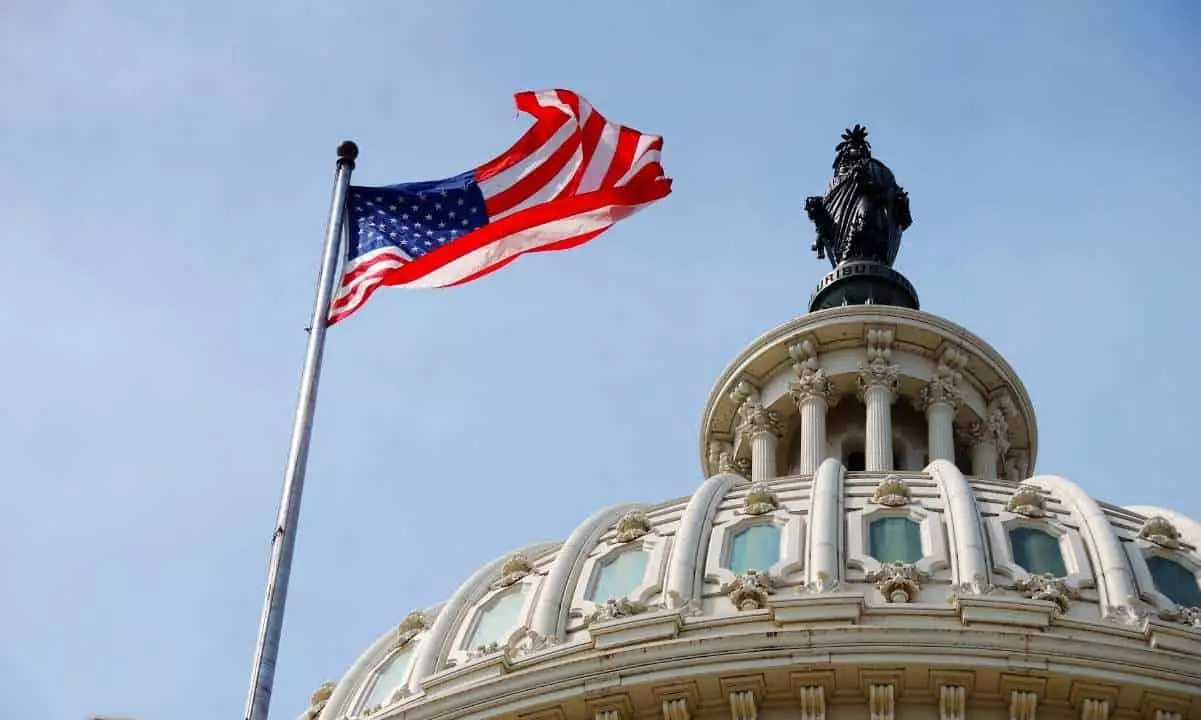The recent announcement by the U.S. Senate Banking Committee regarding the formation of its inaugural subcommittee focused on cryptocurrency is a noteworthy pivot in the country’s approach to digital asset regulation. Under the guidance of chairman Tim Scott, this initiative not only signals an attempt to establish a coherent regulatory framework for the rapidly evolving cryptocurrency landscape but also highlights the growing recognition of cryptocurrencies as vital economic components. As detailed in reports, Senator Cynthia Lummis is poised to lead this subcommittee, a move that could influence crypto regulation significantly if her appointment passes the upcoming vote.
The establishment of this subcommittee underscores the urgency with which lawmakers are addressing the challenges posed by digital assets. As cryptocurrencies have gained traction among investors and the general public, a structured platform for discussion and legislation is essential. It appears that Senator Scott is intent on making this initiative one of his key priorities, suggesting that the Senate Banking Committee is prepared to confront the complexities of the crypto market directly.
In shaping the new subcommittee, Scott seems to be inspired by the House of Representatives’ prior initiatives, particularly the crypto-focused subcommittee created by Patrick McHenry in 2023. The House Financial Services Committee’s passage of the Financial Innovation and Technology for the 21st Century Act (FIT21) signals a legislative commitment to clarifying the rules that govern the sector. This act aims to delineate the roles and responsibilities of various regulatory agencies and has been lauded for its provisions that prioritize consumer protections. Notably, co-authored by Congressman French Hill, FIT21 includes measures to prevent the mingling of customer funds, a response to failures exemplified by the infamous FTX collapse.
The Senate’s new subcommittee may serve as a complementary force to these efforts, reinforcing or perhaps even expanding upon the legislative intent found in the House’s work. This alignment between the two chambers could foster a unified approach toward cryptocurrency regulation, which is essential in a landscape that is often fragmented across jurisdictions and agencies.
As the subcommittee gears up for action, its composition raises questions about how it will navigate the divisive opinions surrounding cryptocurrencies. The selection of predominantly Republican members who advocate for stronger cryptocurrency support could lead to an assertive legislative agenda. Notably, senators like Bernie Moreno and Dave McCormick have been vocal proponents of crypto, promising to push for innovation and economic opportunities presented by the digital assets sector.
However, the presence of prominent critics, such as Senator Elizabeth Warren, complicates this narrative. Warren’s position as a senior Democratic member on the Senate Banking Committee suggests that there will be significant debate and possible pushback on proposed regulations. This tug-of-war between advocacy for growth and concern over consumer protection and market integrity could define the subcommittee’s tenure.
Another crucial element in this regulatory landscape is the recent Republican consolidation of power within the Senate following the party’s assumption of legislative control. With President-elect Donald Trump’s upcoming administration, the potential for Republican-led initiatives to spur cryptocurrency growth is significant. This unified control might allow for a faster, more coherent regulatory environment, further aiming at establishing the United States as a leader on the global crypto stage, as pledged by Trump.
The emergence of this subcommittee is, therefore, not just about addressing current regulatory gaps but may also be tied to broader economic strategies aimed at harnessing the potential of digital assets. If successful, this initiative could create a favorable environment for innovation and investment in cryptocurrencies, shaping the U.S. as a forward-thinking player in the rapidly evolving global market.
As the Senate Banking Committee prepares to finalize the subcommittee’s membership and agenda, many challenges lie ahead. Crafting effective regulations that balance innovation with consumer protection will require nuanced discussions and input from a broad range of stakeholders in the crypto industry. The implications of this initiative will resonate beyond the confines of Washington, potentially impacting how cryptocurrencies are viewed and utilized nationwide.
Ultimately, the establishment of a dedicated subcommittee for cryptocurrency is a pivotal moment in U.S. legislative history, one that could set the tone for how digital assets are regulated in the future. The next steps will be crucial in determining whether this effort leads to the advancement of cryptocurrency legislation or becomes mired in partisan debate. Either way, the outcomes will undoubtedly influence the trajectory of the digital asset landscape for years to come.














